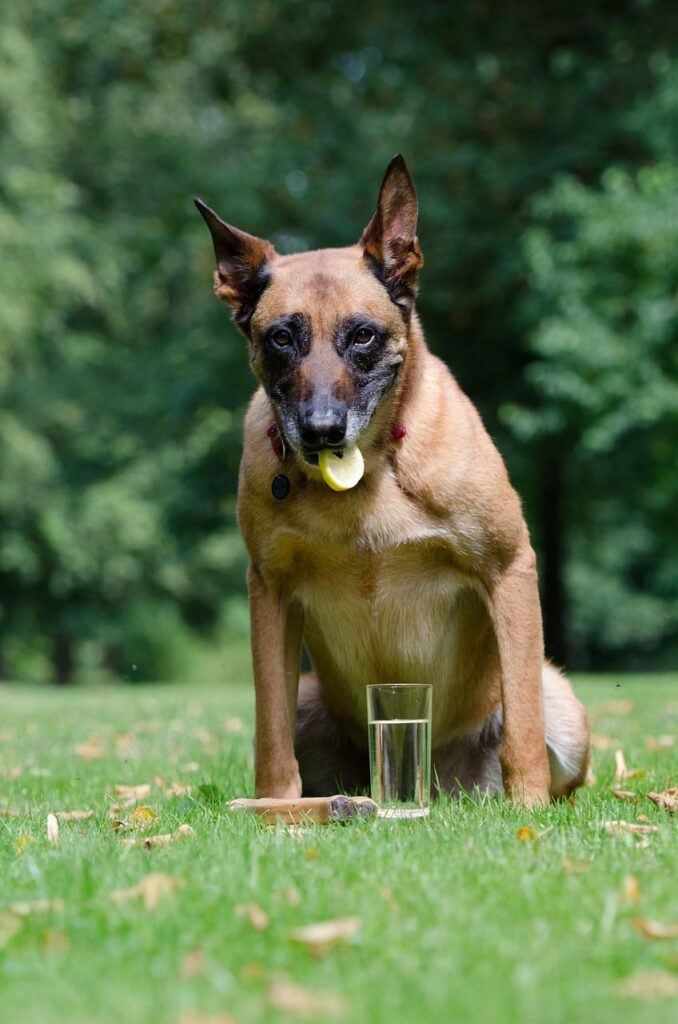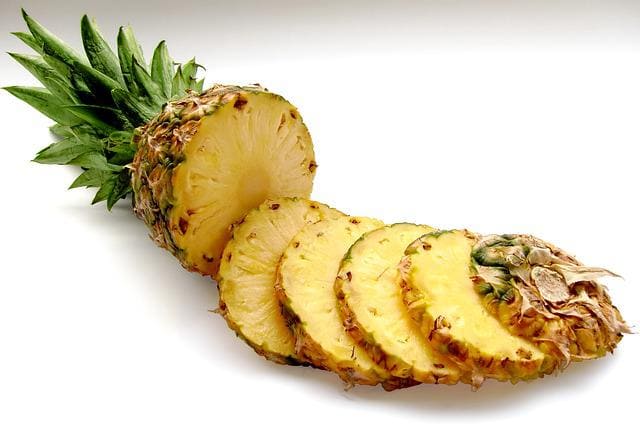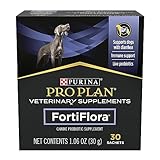Can dogs eat lemons or limes? It’s not a common question in pets’ diets, but since we already know they’re healthy for us, we’re going to investigate their nutritional profiles to see if they’re also safe for our canine companions.
Citrus fruits such as lime and lemon have comparable nutritional characteristics. They are especially rich in antioxidants, flavonoids and vitamin C, all of which are recognized as very good for human health. But does this also apply to dogs?

Not all human foods are suitable for consumption by canines. Some can be lethal or cause nausea and stomach upsets. You may be surprised to learn that many foods are suitable for sharing between humans and dogs. For example, you can cuddle with your dog while watching a movie at night and safely share popcorn.
There is no doubt that food is a fantastic motivator for many dogs, but there are many other methods to keep your dog healthy and happy without having to share your dinner with him. Finding a treat or food they like can help make training much smoother and strengthen the relationship between dog and owner.
- 🔎 Descripción - Fortificante 100% natural a base de levadura plasmolizada con malta, miel y zumo de naranja, que se utiliza como fortificante y reconstituyente para animales de compañía.
A dog will eat a lot of things it shouldn’t, especially if it’s young or curious, but most of the time this won’t be a big deal. Dogs can quickly pass substances they shouldn’t have taken, and there probably won’t be serious consequences.
As far as lemons are concerned, dogs can safely eat a small amount of the pulp, but their digestive tract would not be able to support large amounts. There aren’t many good reasons for a dog to eat a lemon, and doing so could lead to intestinal problems.
Limes are another citrus fruit that should be avoided. Limes are high in citric acid and are very similar to lemons. Although your dog might lick or even try to eat a lime, doing so would not be good for his health and would possibly make him sick and lead to diarrhea.
What if I give my dog lemons or limes?
Dogs have learned to avoid bitter tastes as a survival mechanism, as decaying or dangerous foods taste harsh. A bitter taste is unpleasant and a dog does not like it.
Citrus fruits include a chemical component and essential oils that are poisonous to dogs, just like lemon and lime. At most, you’ll have a “funny” video for your social media, and your dog will get mildly ill as a result. In the worst case, your dog will die from eating lemon and lime.
Can dogs consume lemonade or lemon juice?
Quite simply, no. Your dog will gain nothing from consuming lemon juice or lemonade. Even with the addition of sugar, lemon juice is still as acidic as a lemon. Both are unnecessary to your dog’s system.
Can lemon juice be added to dog food?
Again, no. Lime and lime juice are harmful to dogs and have no nutritional value for them. They can also make them sick. It is advised to stay away from all citrus-based foods and liquids.
Without consuming citrus fruits, how can a dog get vitamins from citrus fruits?
Vitamin B6, vitamin C, copper, magnesium, calcium, potassium, fiber, carbohydrates and a number of phytochemicals are present in citrus fruits. They are fantastic for both people and dogs. Citrus fruits have certain benefits for dogs, but they also have some drawbacks. You can consider the following to provide your dog with the same or equivalent dietary components:
Vitamin supplements for dogs: If your dog follows a complete and balanced diet, he does not need to take additional supplements, although the following may be helpful in some circumstances:
- Vitamins for coat and skin
- Chews for oral health
- Chews for bone health
- for joint pain
- Chewable bars for more fiber
- Daily Multivitamins
- ¿Quieres Mejorar el Sistema Inmunológico de tu Perro y de tu Gato?- Las multivitaminas Animigo para perros y gatos son una excelente solución para fortalecer el crecimiento, junto con una dieta equilibrada. Dale el apoyo que necesita tu perro y tu gato con las 18 vitaminas y minerales como el calcio y las vitaminas C, B y E que ofrece el suplemento vitaminico de Animigo.
- Vitaminas para perros: Nuestros comprimidos multivitamínicos 15 en 1 están formulados para la salud canina, con todas las vitaminas esenciales necesarias , Perfecto para cachorros hasta senior. Proporcionan diariamente una energía natural para sus perros.
- 💪 MEJORA SISTEMA INMUMNE. Multivitamínico 20 en 1 con omega 6. La combinación de Vitaminas A, B1, B2, B5, B6, B9, B12, C, E y BIOTINA cubre todo lo necesario para el bienestar de tu mascota, favoreciendo el sistema inmune, cerebro, metabolismo piel y musculatura. También, ayudará con su estado de ánimo. Aumentando la calidad de tus paseos con tu perro. Omega 6 fuente rica de ácido linoléico, ácido graso más importante en el mantenimiento de piel y pelaje sanos. Tu mascota más fuerte y feliz
- DOXEL 4ALL es el suplemento nutricional natural para tu perro. Desarrollado a base a productos 100% naturales y aceites vegetales no genéticamente modificados (no OGM). No contiene subproductos animales, ni cereales; sin colorantes ni conservantes. Formulado por veterinarios y nutricionistas y fabricado en su totalidad en España. Hecho a base de aceite de camelina prensado en frío obtenido a partir de nuestras propias plantaciones y variedades de la misma. Es el suplemento natural ideal para:
- Contiene un probiótico para promover la microflora intestinal normal. Ayuda a reducir la flatulencia.
- ✔️✔️ VITAMINAS DIARIAS PARA PERROS: Perfectas tanto para perros jóvenes como mayores, nuestras tabletas multivitamínicas 15 en 1 están formuladas con todas las vitaminas esenciales necesarias para la salud de su perro. Apoyan los órganos principales al tiempo que proporcionan un impulso de energía natural para su perro.
The optimal diet for your dog is a complete and nutritionally balanced food. If you’re concerned about extra ingredients or want to know more about the advantages of the new, more popular raw diet, you might look for organic dog foods.
What are the alternatives to lemon and lime?
Dogs can safely eat a variety of fruits, including watermelon, which is refreshing and nutritious for canines. Apples, oranges, berries, and bananas are other fruits that dogs can consume. Let’s look at different fruit substitutes and their advantages for your dog, focusing mainly on citrus and exotic fruits:
Tangerines and oranges
Oranges and tangerines, which are high in vitamin C, are a natural detoxifier because they can help flush toxins out of the body. Peel and give your dog an orange or tangerine with its delicious and juicy taste will improve the quality of his skin and coat. Most dogs are not hurt by their citric acid or natural sugars.

Most dogs taste the sweet taste of an orange. A dog’s immune system may benefit from new sources of vitamin C, such as eating an orange or tangerine, even though they don’t need to take supplements. Be sure to peel the fruit first, as the peel will be difficult for dogs to digest and could lead to intestinal obstruction.
Oranges and tangerines should only be consumed occasionally as treats because they contain a lot of natural sugars. To get a supply of vitamins and fiber without the harmful effects of lemons and limes, give a large breed dog a whole small orange or tangerine, or offer a smaller dog 1 or 2 slices.
You should not give oranges or tangerines to dogs that have diabetes.
Kiwi
For dogs, kiwi is safe. It also has significant amounts of fiber, vitamin C, potassium, and flavonoids, which are excellent antioxidants. These substances promote cell renewal and the vigor of the immune system.

Even the pickiest can yield to the charm of this juicy snack, which helps improve circulation, digestive system and skin health.
Pineapple
Pineapple contains a lot of zinc, folate and vitamins healthy for the immune system and digestion of dogs. They also include bromelain, a natural enzyme that aids the digestion of meat by contributing to its breakdown. For dogs with weakened digestive systems, pineapples are fantastic.
As pineapples are sugary and sweet, they should not be given to diabetic dogs and should only be consumed occasionally. To prevent choking, be careful to peel and cut the pineapple into bite-sized pieces.
Mango
Dogs can enjoy the wonderful and healthy fruit of the mango. They are a great treat for puppies and dogs because they are high in vitamins, potassium, carotenoids and trace elements.
Mangoes have a hard bone that needs to be removed, as dogs can be poisoned by it.
Coco
As a natural anti-inflammatory, coconut may be beneficial for dogs with inflammatory bowel diseases, arthritis, or skin allergies. However, due to the presence of a type of fat known as medium-chain triglycerides, it is not suitable for all dog breeds. This could upset dogs with sensitive stomachs.
Since coconut meat has a lot of calories, most dogs should only take it occasionally and those who are overweight should avoid it.
Finally, can dogs eat lime or lemon?
Lemon and lime should not be given to dogs because they can be poisonous. Both fruits have no nutritional value for dogs, and there are much healthier options. Numerous citrus fruits and/or exotic fruits are acceptable to dogs and can benefit from their nutritional advantages.
It is not necessary to provide additional human meals if the dog is fed complete and well-balanced dog food. If you decide to feed your dog human food, make sure it’s okay to do so.
If you want to completely do without commercial dog food, you can safely cook human dog food. You can also choose a food with fewer ingredients that doesn’t contain harmful additives or preservatives that can, over time, worsen your dog’s overall health.
A dog’s nutritional needs change as he ages, so a great puppy diet may not be the best choice for your senior dog. When selecting food and treats, it is important to consider the size, breed, fitness and agility of the dog, in addition to its age.
For example, smaller dogs need smaller kibble, while working dogs require protein-rich foods. There is no perfect food that can make every day the best.
If in doubt, always consult your veterinarian.
Do you help us share?

Fleas in dogs

Where do dogs live?

Why my dog loses hair

What is the best dog food for dogs with digestive problems?

Muzzle

How to teach a puppy not to bite
- Why do dogs bury bones? - January 2, 2023
- How long is a dog’s pregnancy? - December 24, 2022
- Why do dogs mark territory? - October 24, 2022








